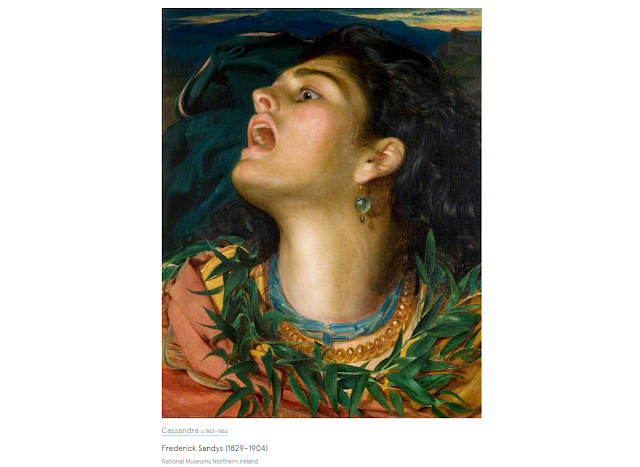What I'm Reading: Absent Fathers in Hamlet & Other Lit

Before the COVID-19 crisis shut down libraries, I had a number of books on inter-library loan from college and university libraries in Minnesota, within a few hours of where I live. The books are now long overdue, but as libraries are all closed, I’m getting no notices of late books. Two of these books are about absent fathers, one by Avi Erlich relating to Hamlet (Hamlet’s Absent Father, Princeton University Press, 1977), the other by Paul Rosefeldt relating to modern drama in general (The Absent Father in Modern Drama, Peter Lang, 1995). The second book (Rosefeldt) gives a good overview of work on absent fathers by Freud and some of his contemporaries, and also an essay on Oedipus, The Libation Bearers, and Hamlet. Yet quite a bit of the thinking on absent fathers seems muddied in a number of ways: 1. FREUD ON KILLING THE FATHER: Freud’s position is one of atheistic scientific reductionism. He assumes that religions and the idea of a father-god are human inventions, which ...




